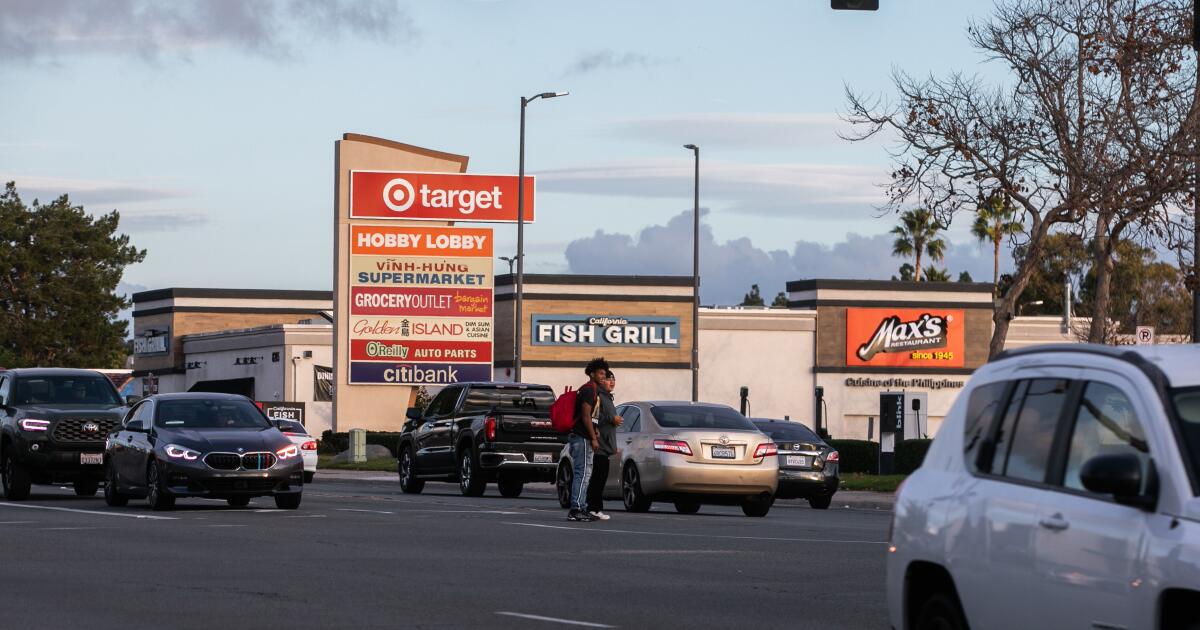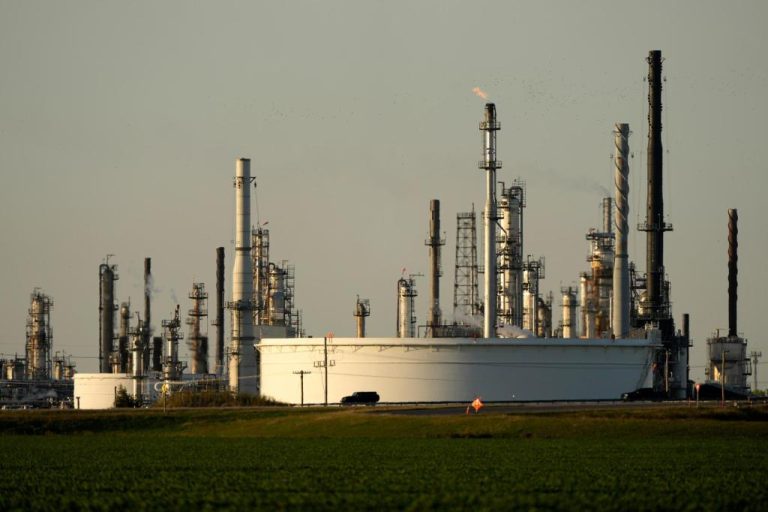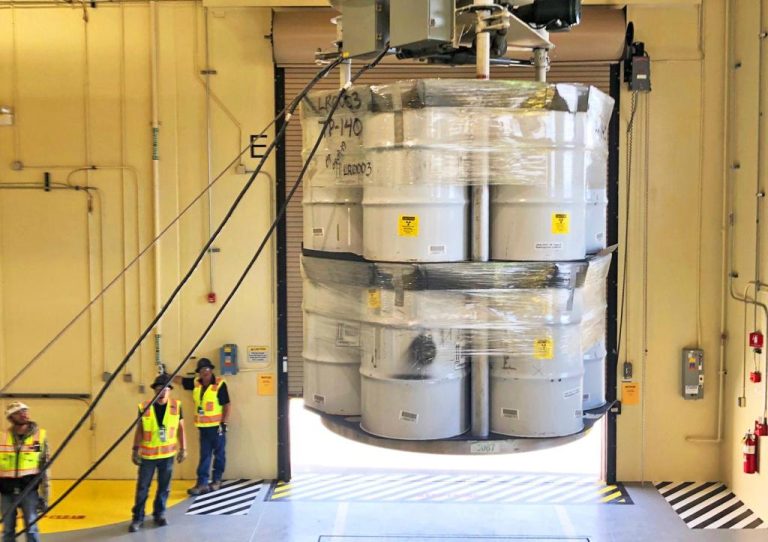

San Diego’s progress reducing greenhouse gas emissions will face significantly more scrutiny under a deal the city reached this week to settle lawsuits with environmental organizations.
City officials said the settlement shows the city’s commitment to fighting climate change and clears the way for construction projects to move forward across the city, particularly in Mira Mesa.
The settlement requires San Diego to disclose its progress on reducing greenhouse gas emissions annually, instead of being allowed to wait until 2030. And if an annual review shows it has fallen significantly short of any targets, the city must immediately adopt more aggressive policies.
Without the settlement, the public and environmental groups would have been unaware of struggles the city might be having with meeting its commitment to get to net-zero emissions by 2035. And they would have had less opportunity to demand changes.
“This is an important step forward because it creates the transparency and accountability we’ve been asking for,” said Nicole Capretz, chief executive of Climate Action Campaign.
Capretz said the increased scrutiny the settlement requires of San Diego goes beyond commitments made by any other California city.
“It’s a brand-new approach,” Capretz said. “We hope it will be a statewide precedent.”
The settlement clears the way for development projects because it ends two lawsuits that both claim the city violated the state’s notoriously strict environmental law, the California Environmental Quality Act.
A suit filed by Climate Action Campaign accused the city of violating CEQA with its 2022 update of its 2015 climate action plan. And a suit filed by the Coastal Environmental Rights Foundation said that law was also violated by a new growth blueprint approved for Mira Mesa in 2022, which tied its environmental review to the revised climate action plan.
Both lawsuits contended the city had failed to include mechanisms to ensure the revised climate action plan would meet its goals of reducing emissions at least 40 percent by 2030 and to zero by 2035.
City officials said uncertainty about how those lawsuits would turn out has slowed development efforts, particularly in Mira Mesa.
“The litigation has caused significant delays in development and would continue to delay projects through appeal,” city officials said this week.
Mayor Todd Gloria characterized the settlement as a win-win situation for San Diego. It puts the city on the leading edge of climate action efforts while also clearing the way for development, he said.
“This agreement reinforces the city’s commitment to fully implementing the Climate Action Plan transparently and collaboratively, while also eliminating uncertainty over the status of the CAP and development plans that rely on its mitigation measures,” Gloria said by email. “Confronting the climate crisis is crucial to protecting our quality of life and economic vitality.”
Former City Councilmember Chris Cate, who now serves as chair of the Mira Mesa Community Planning Group, said the settlement is great news for his neighborhood.
“Thankfully this lawsuit is now behind us,” Cate said. “We can now focus on executing the plan we have spent years developing that sets the future of Mira Mesa.”
The new neighborhood growth blueprint would increase the area’s population from 78,000 to 143,000 over the next 30 years, break up car-centric superblocks and allow high-rise housing along major roads.
The settlement, which the City Council unanimously approved Tuesday, pays the environmental groups $120,000 total, including attorney fees. It also stipulates they won’t challenge any other projects that rely on the revised climate action plan.
Sara Ochoa, programs director for the Coastal Environmental Right Foundation, said the settlement is an opportunity for collaboration between the city, the community and local industry.
“We commend city officials for their efforts thus far, but it is clear that more ambitious and transformative measures are needed to achieve our 2035 net-zero emissions goal,” Ochoa said. “We need to invest in reducing emissions and increasing our communities’ resilience to climate impacts, such as flooding and storm damage, to reduce social and economic costs.”
While city officials praised the settlement, they also downplayed its impact on city efforts.
“The items and terms in the Agreement include many of the requirements for CAP monitoring adopted by the City Council and planned for by the Sustainability and Mobility Department as part of, and since the adoption of, the 2022 CAP,” says a staff report prepared by City Attorney Mara Elliott’s office. “The agreed upon commitments generally reflect already planned items in the Sustainability and Mobility Department’s Work Plan.”
Capretz, the Climate Action Campaign official, said it made sense for the environmental groups to settle instead of continue to pursue their litigation.
“A settlement is inherently a compromise, but we thought this was still really good for the community,” she said. “We had no benchmark before. Now they must disclose and course-correct.”
The settlement requires policy changes if the city is more than 12.5 percent short of incremental goals on any particular element of the climate action plan, such as efforts to convert the city’s vehicle fleet to all-electric, shifting from gas appliances to electric and shifting commuters away from cars toward bikes and transit.
Capretz said the city’s first progress report will likely come in spring 2025.






